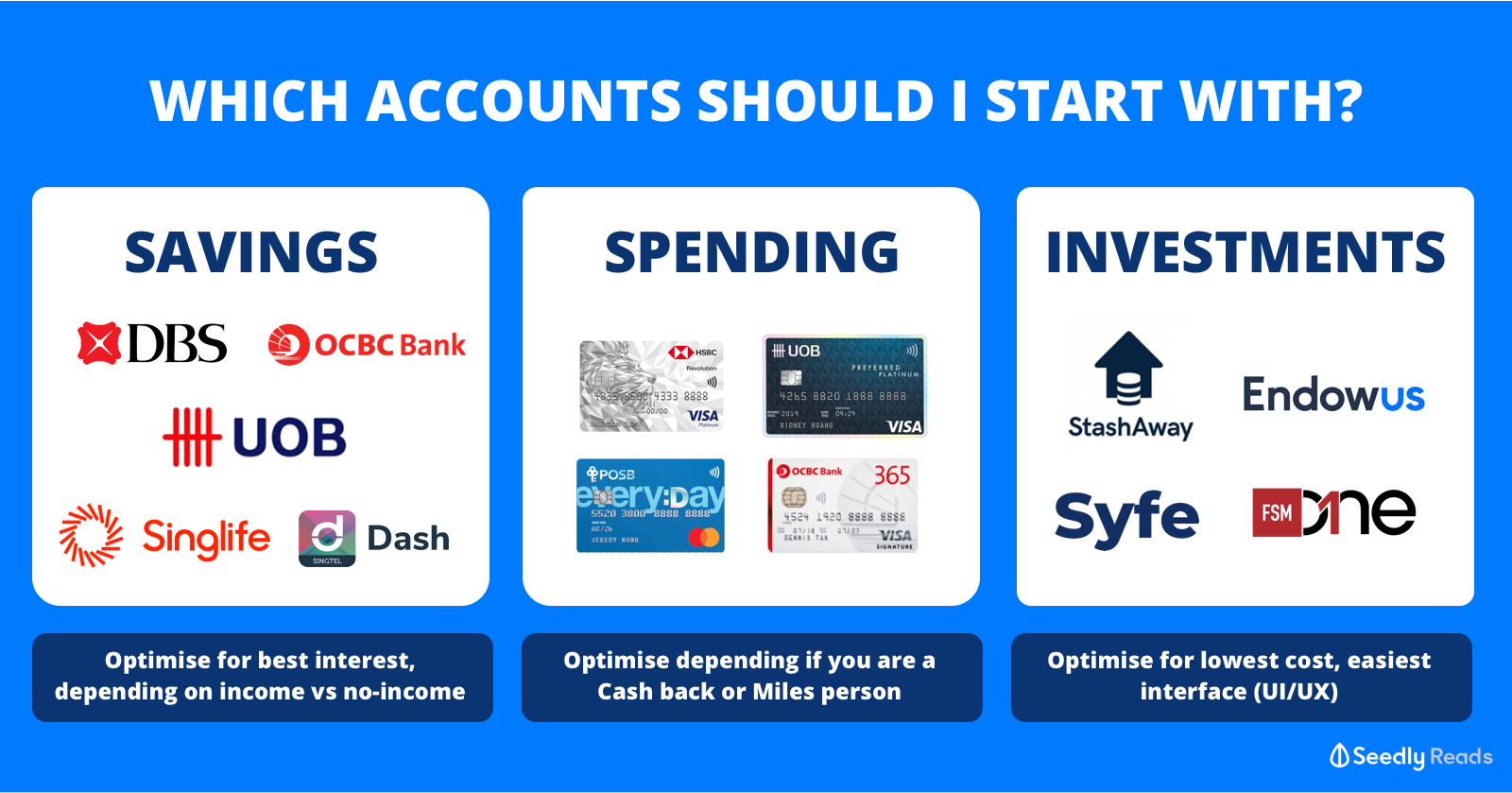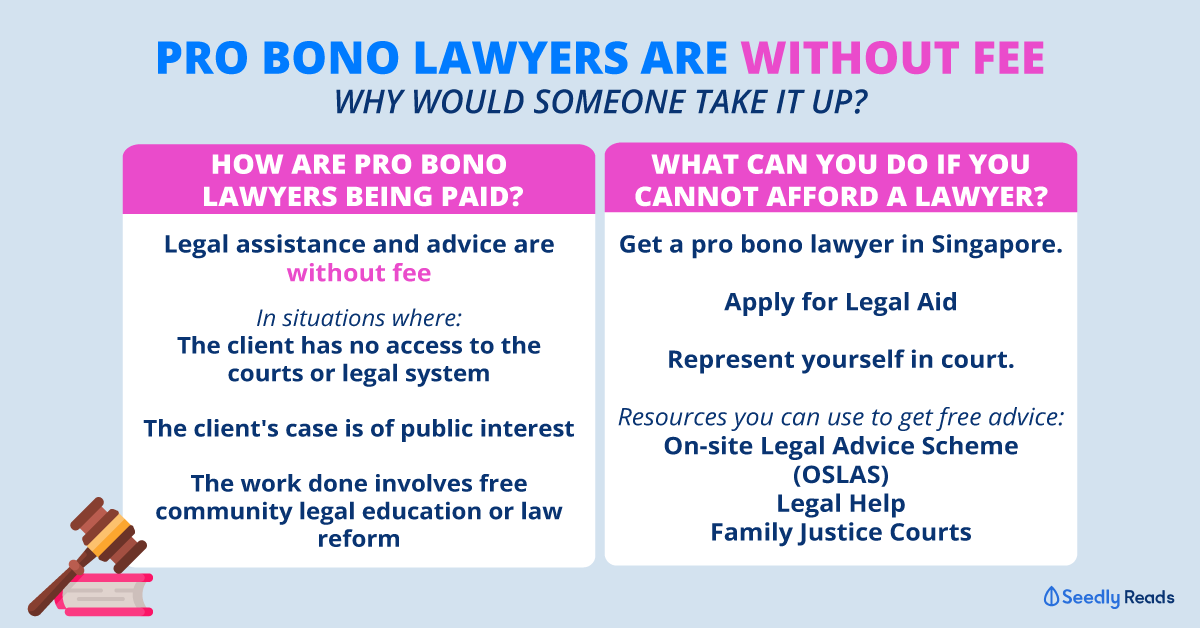Advertisement
Anonymous
Which insurance company/plan would you recommend for someone who has just started working for a few years and has minimal knowledge about insurance?
I’m just looking for basic coverage. Any advice in deciding between plans or certain key pointers to look out for when listening to insurance agents would be helpful too.
6
Discussion (6)
Learn how to style your text
Elijah Lee
21 Jan 2020
Senior Financial Services Manager at Phillip Securities (Jurong East)
Reply
Save
Pang Zhe Liang
20 Jan 2020
Lead of Research & Solutions at Havend Pte Ltd
To start off, you need to have a basic understanding on what you need. By understanding yourself, you save the time over getting yourself confused over what is available in the market.
To this end, the first priority is always healthcare. The reason is simple - medical inflation hits 10% in 2019. Accordingly, a single medical treatment could potentially wipe out all your savings. To do this, it is always valued to have your own private integrated shield plan. Here is why: https://www.blog.pzl.sg/is-integrated-shield-pl...
After you have the basic foundation set up, you may consider a basic life insurance plan that covers for death, total & permanent disability, and most importantly for critical illness.
There are many options available in the market, therefore, take your time to understand which suits your needs. Here is a general comparison between a term and whole life insurance to help you with some basic understanding: https://www.blog.pzl.sg/term-vs-whole-life-insu...
Once you have a stable income, here is the general rule:
10% to 20% of your annual income on healthcare insurance and life insurance
Basic Life Cover = 10 times your annual income
Critical Illness Coverage = 5 times your annual income
Having mentioned that, this is a general guideline that may or may not work for you. The best way is always to have an in-depth understanding on your cashflow, current situation and future goals. It is only when we know you well enough, then it is appropriate to give you the best advice or suggestion that fits into your needs.
Different agents may plan differently for their clients. The most important thing is always to evaluate whether he or she is willing and able to listen to you and to help you understand what you need rather than what he wants. Furthermore, it will be a bonus if the agent is able to help you build your goals and help you achieve it. Use his experience, knowledge, and skills to help you reduce the time required to reach your goals.
Here is everything about me and what I do best.
Reply
Save
Tan Li Xing
20 Jan 2020
Financial Consultant at Prudential Assurance Company (Singapore)
Hi Anon,
The top priority for insurance coverage is firstly the hospitalisation plan, and after tha...
Read 2 other comments with a Seedly account
You will also enjoy exclusive benefits and get access to members only features.
Sign up or login with an email here
Write your thoughts
Related Articles
Related Posts
Related Posts
Advertisement








Hi anon,
In order of importance, here is what you should be looking at:
Hospitalization plan. This covers any hospital bills and associated pre/post hospitalization costs. This would be from an integrated shield plan, with a rider to take care of the deductible/co-insurance. Depending on your budget, you can take a private hospital plan and downgrade later, or just go for Goverment A ward. You already have this so at least that is a start.
Critical Illness coverage. This provides a sum of money for you to cover your expenses and other out of pocket costs should you fall critically ill and are not able to work. Usually recommended to cover at least 5 years of expenses and an additional sum to cover out of pocket costs. This is usually via a limited payment life plan, or a term plan, depending on your budget/needs
Death coverage. This provides a lump sum of money should something happen to you. Not mandatory if you have no dependents or liabilities. Usually takes the form of a term plan. For the coverage amount, you could use a multiple such as 10 x of your current income, or calculate based on your current liabilities.
Personal Accident. For the minor stuff like TCM claims, etc.
The first two are essential to have at the very least.
Generally, you should not have to spend more than 10% of your income on coverage.
Work with an independent financial advisor who can provide multiple options and explain in detail what you will need to know before coming to a decision, especially with respect to cost effectiveness as well as the minor differences between the plans.